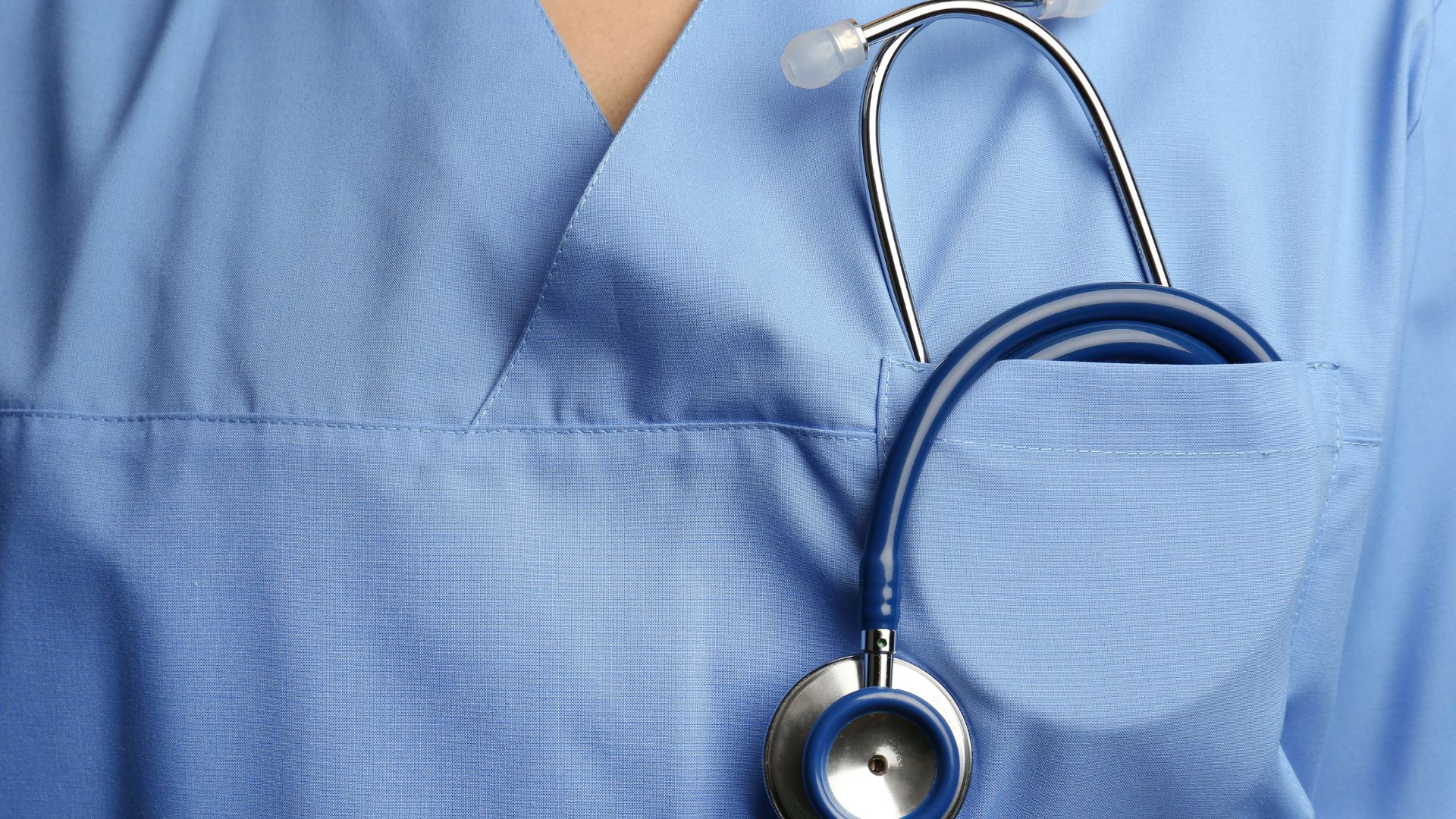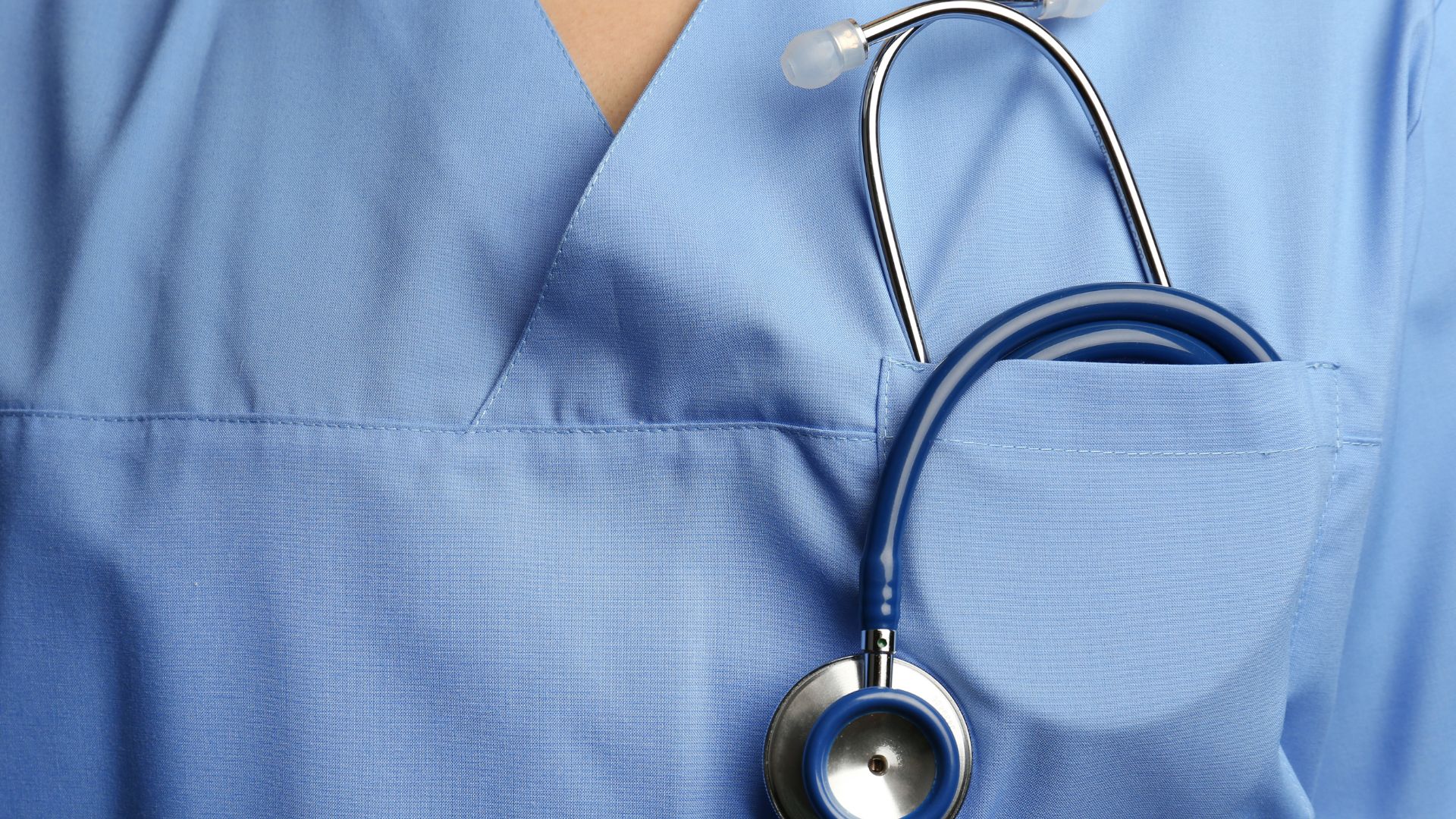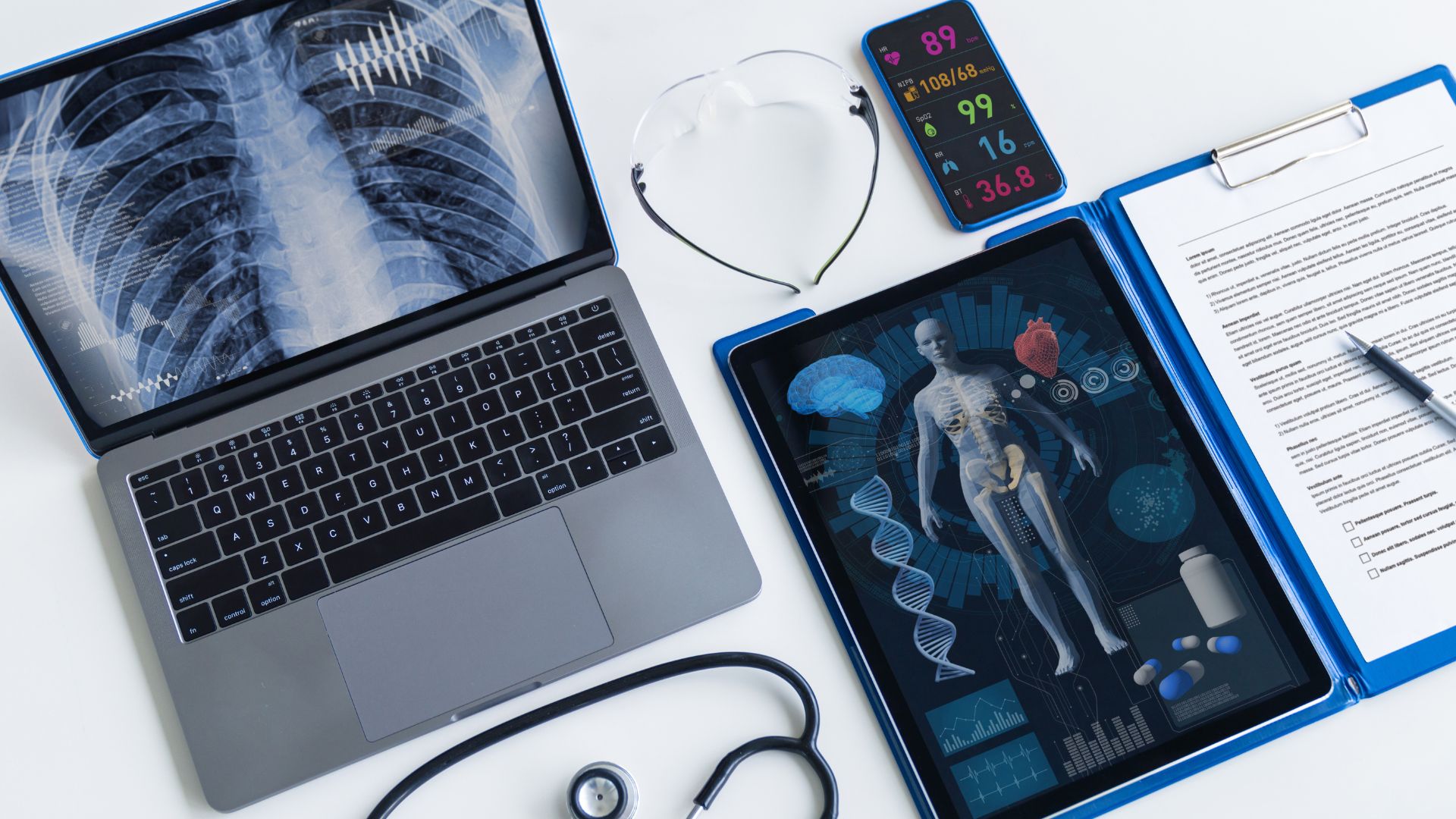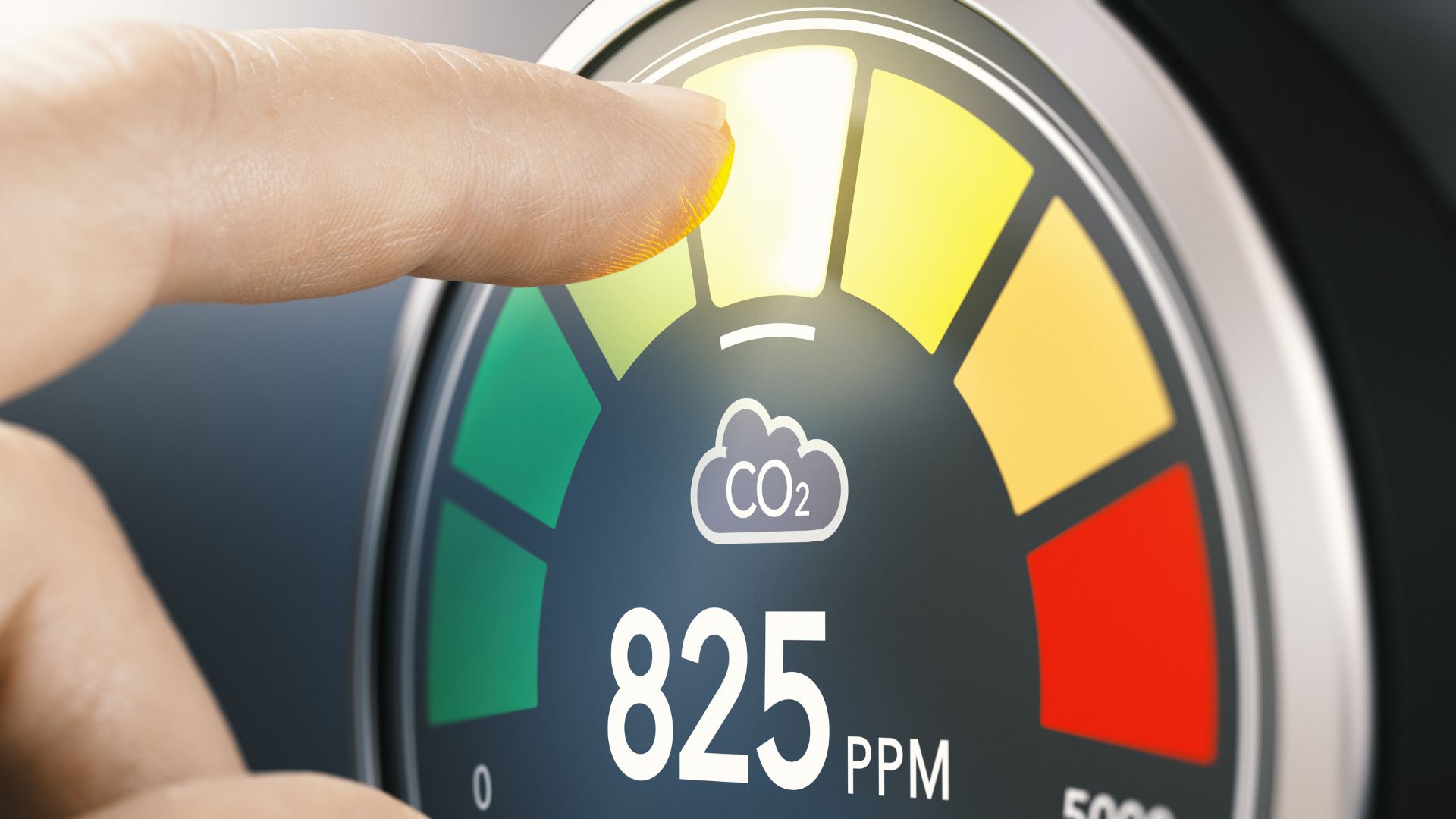How Medical Sensors Are Revolutionizing Patient Monitoring

The rise of medical sensors has transformed patient monitoring, making healthcare more efficient and precise. Traditional methods of patient observation often required frequent in-person assessments, but modern sensors enable real-time data collection, improving patient outcomes while reducing the burden on healthcare professionals.

Remote Monitoring and Real-Time Data
One of the most significant breakthroughs is the use of remote monitoring systems. Wearable devices like ECG monitors and glucose sensors provide real-time feedback, allowing doctors to make immediate decisions without requiring patients to visit a hospital. This is particularly beneficial for individuals with chronic conditions like diabetes or heart disease.

Wireless and Non-Invasive Technology
Advancements in wireless sensor technology have also eliminated the need for invasive procedures. Smart patches, for example, can track heart rate, blood pressure, and hydration levels without causing discomfort to patients. These non-invasive sensors improve compliance and provide continuous data for better analysis.

Integration with Digital Platforms
Many modern sensors are integrated with cloud-based platforms, allowing physicians to track patient health remotely. This connectivity ensures early detection of health abnormalities, allowing interventions before conditions worsen.

The Future of Medical Sensors
As sensor technology continues to evolve, we can expect even greater accuracy, reduced costs, and increased accessibility. The future may bring implantable biosensors capable of long-term monitoring without external devices, further advancing the role of sensors in healthcare.


